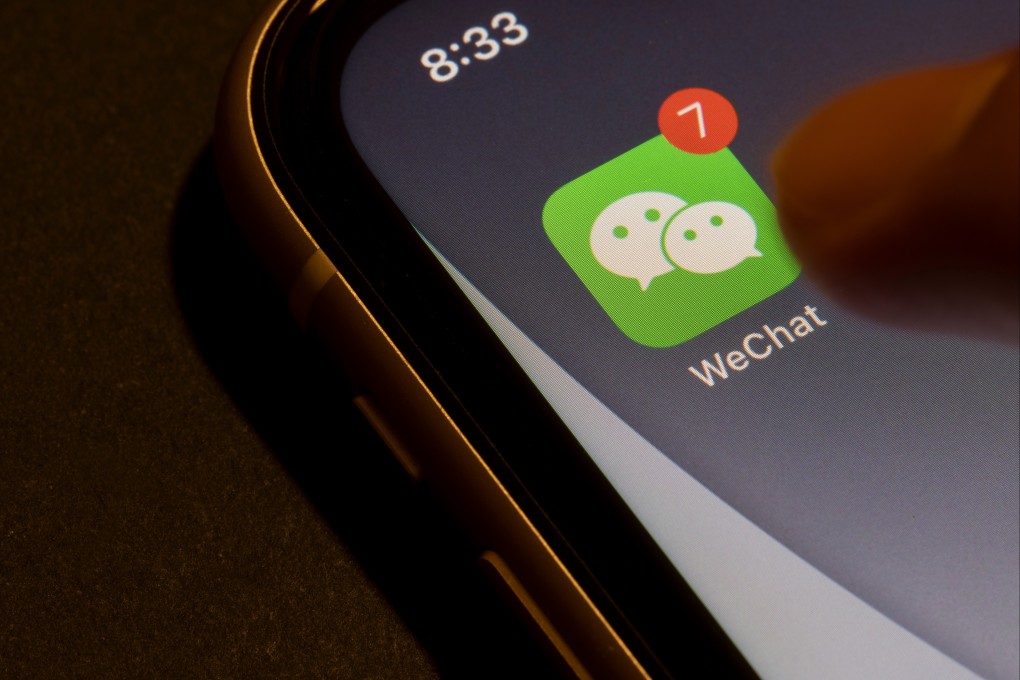China to limit news notifications to licensed publishers after weeks of discussion about human trafficking and Ukraine
- A draft regulation open to public feedback this month would make service providers responsible for the content of push notifications
- The regulation comes after news of an apparent case of human trafficking resulted in a surge of anger online in the middle of the Beijing Winter Olympics

China’s powerful internet regulator has drafted a new law to restrict push notification on topics such as sensitive news items, disasters and celebrity gossip in a new effort from Beijing to curb Big Tech’s power in shaping public discourse.
The new rules make service providers responsible for the content of their push notifications, which must “adhere to the correct directions of politics, public opinion and values” and help “develop a positive and healthy network culture”. It is another escalation from the national government to restrict online content to what the state deems “healthy”.
The Cyberspace Administration of China (CAC) published the draft regulation on its website on Wednesday to solicit public feedback until March 17.
Once enacted, the regulation will forbid unlicensed news sources from being included in push notifications. This includes social media posts from private institutions and individuals such as citizen journalists. It comes after weeks of negative news that captured netizens’ attention, even as censors cracked down on related topics.